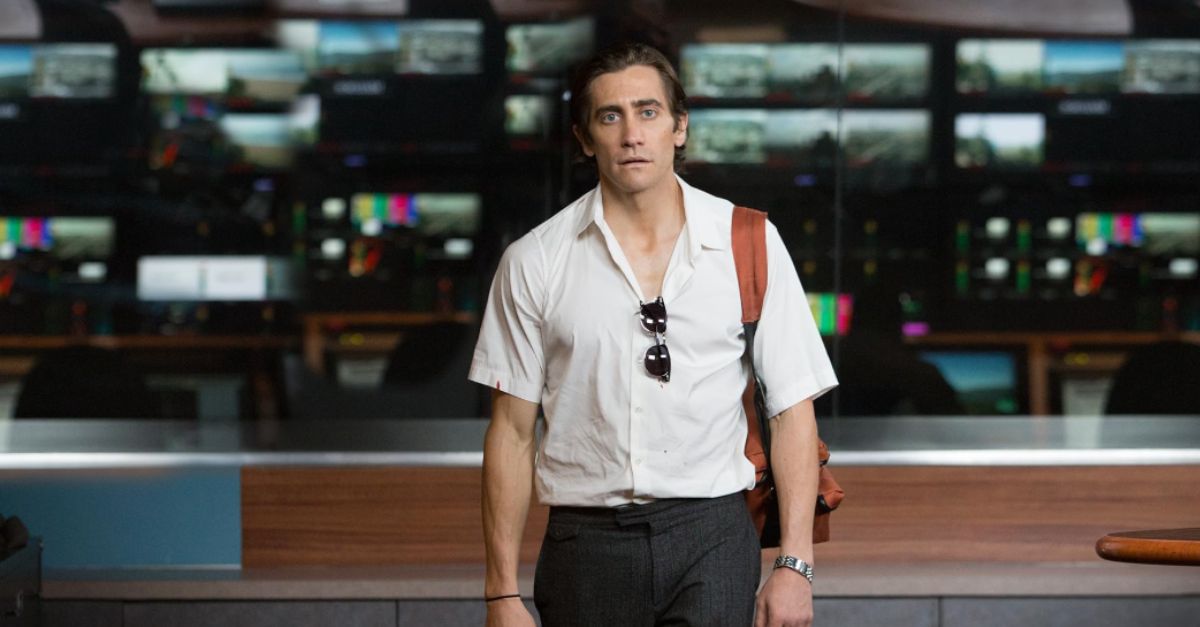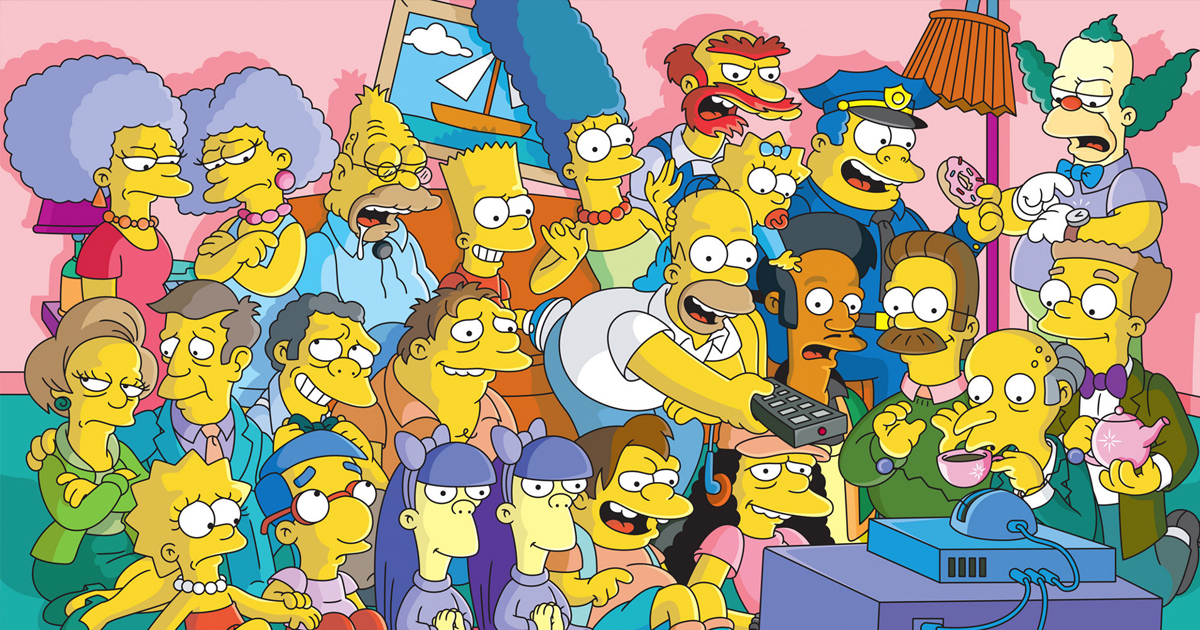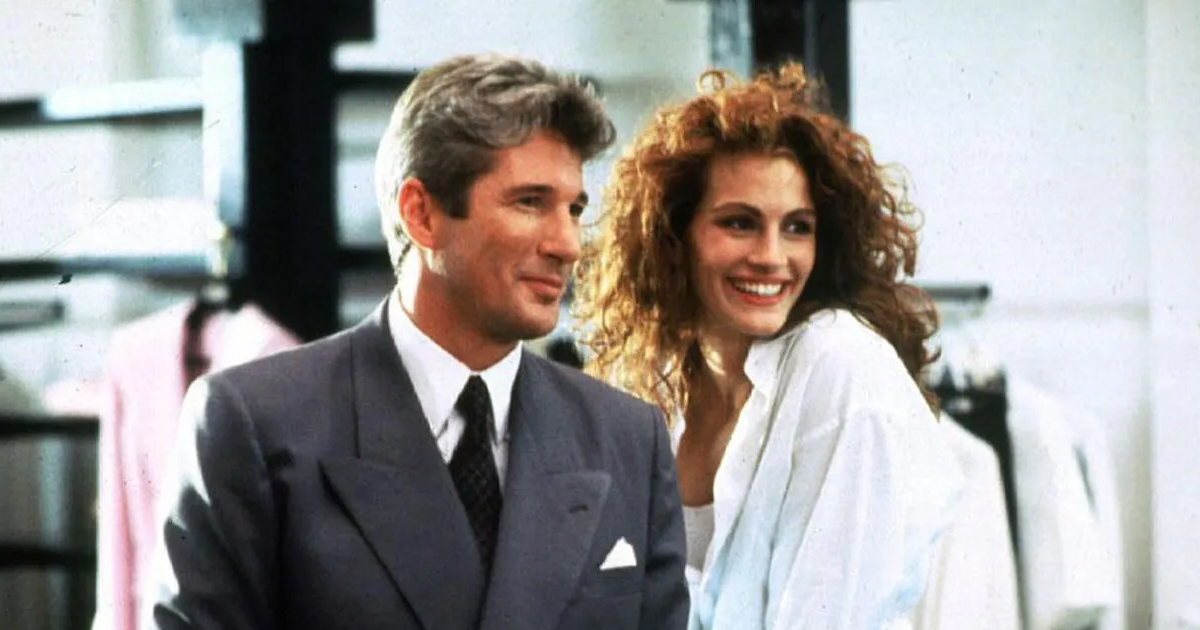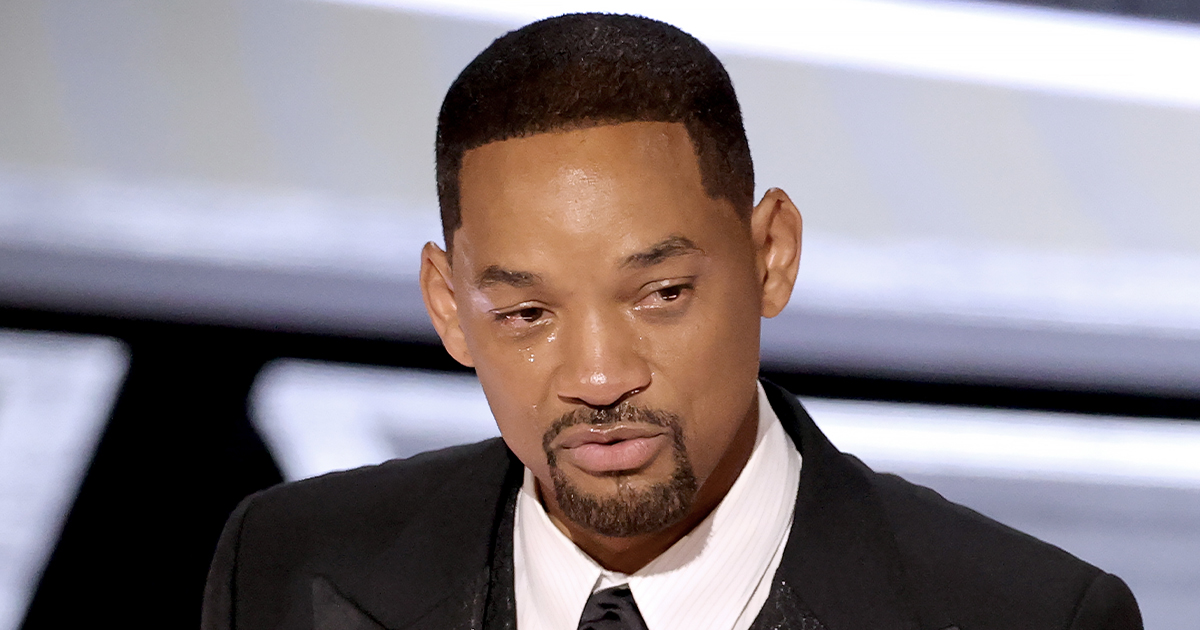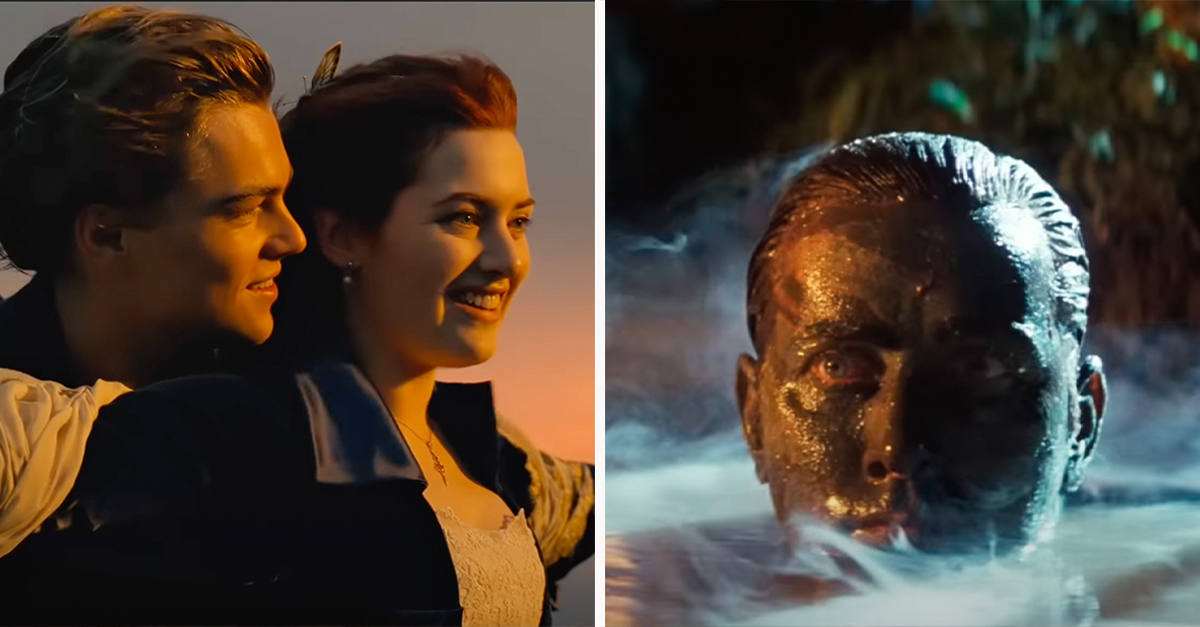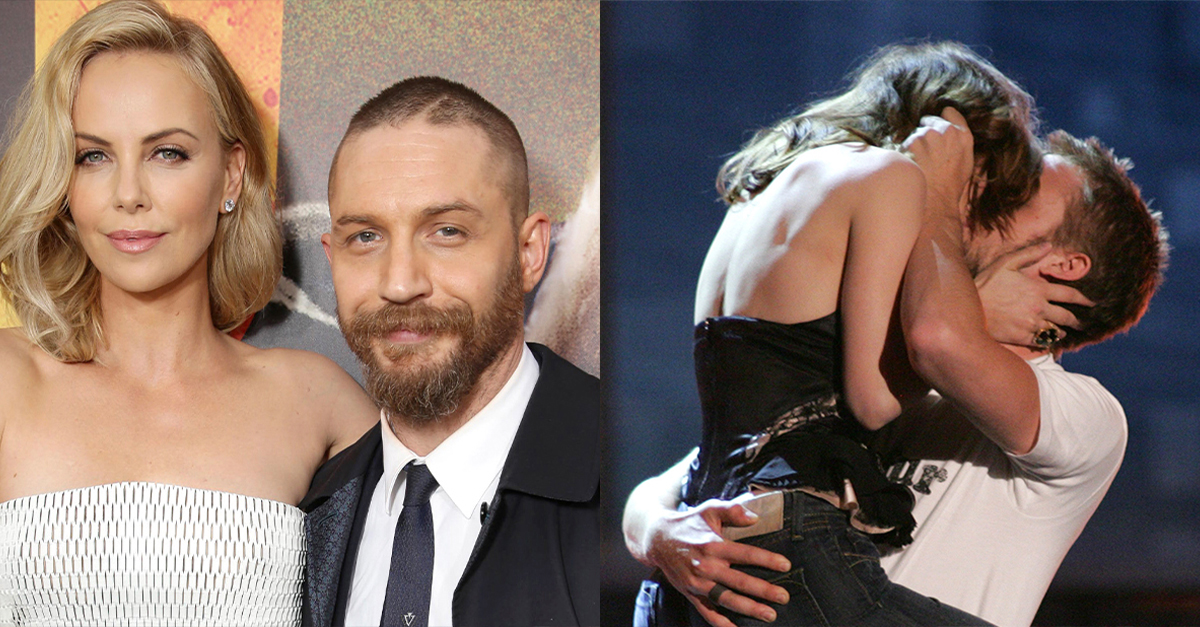Bad Guys Win
Hollywood loves a good hero's journey. But sometimes the most memorable films flip that script entirely. The bad guy wins, the credits roll, and you're left staring at the screen, wondering what just happened.

Se7en (1995)
The decision to leave Kevin Spacey uncredited wasn't just a marketing gimmick—it was essential to John Doe's victory. By keeping the killer's face unknown until the third act, audiences couldn't anticipate his surrender at the police station, which seemed like a defeat but was actually his masterstroke.
Se7en (Cont.)
Detective Mills becomes the unwitting final piece of Doe's puzzle when that infamous box arrives in the desert, containing his wife's severed head. Director David Fincher fought the studio to keep this brutally dark ending intact, understanding that compromising it would destroy the film's entire philosophical framework.
No Country For Old Men (2007)
Javier Bardem physically changed himself for Anton Chigurh, adopting that unsettling bowl haircut and dead-eyed stare that made him look like death personified. The captive bolt pistol he carries—normally used to stun cattle in slaughterhouses—becomes an extension of his mechanistic worldview.
 Miramax Films, No Country for Old Men (2007)
Miramax Films, No Country for Old Men (2007)
No Country For Old Men (Cont.)
When Llewelyn Moss dies off-screen, the Coen Brothers make a deliberate choice to deny viewers any climactic showdown, instead proving that in Chigurh's world, protagonists don't get heroic passing away scenes. He visits Carla Jean afterward and kills her anyway, even his own arbitrary rules bend to his will.
 Miramax Films, No Country for Old Men (2007)
Miramax Films, No Country for Old Men (2007)
The Empire Strikes Back (1980)
Han Solo frozen in carbonite, Luke Skywalker maimed and psychologically shattered, the Rebel Alliance scattered across the galaxy. Irvin Kershner's 1980 sequel delivered something almost unheard of in blockbuster filmmaking: total villain victory. Darth Vader executes his plan flawlessly, using his son's friends as bait to draw Luke into Cloud City.
 20th Century Fox, The Empire Strikes Back (1980)
20th Century Fox, The Empire Strikes Back (1980)
The Empire Strikes Back (Cont.)
The famous twist wasn't just about shocking audiences; it represented Vader achieving his specific goal of emotionally devastating Luke to turn him to the dark side. George Lucas understood that for Return of the Jedi's triumph to feel earned, this middle chapter needed to hurt.
 20th Century Fox, The Empire Strikes Back (1980)
20th Century Fox, The Empire Strikes Back (1980)
Primal Fear (1996)
Richard Gere's hotshot defense attorney, Martin Vail, thinks he's the smartest person in every room until the final ninety seconds. Edward Norton, in his film debut, plays Aaron Stampler with such convincing vulnerability that both Vail and the audience believe this altar boy genuinely suffers from dissociative identity disorder.
 Paramount Pictures, Primal Fear (1996)
Paramount Pictures, Primal Fear (1996)
Primal Fear (Cont.)
The courtroom drama revolves around proving that Aaron's violent alternate personality, "Roy," murdered Archbishop Rushman, with psychiatrists testifying and evidence mounting toward an insanity defense. Norton's Oscar-nominated performance operates on two levels simultaneously: we're watching him play Aaron playing Roy playing Aaron.
 Paramount Pictures, Primal Fear (1996)
Paramount Pictures, Primal Fear (1996)
Chinatown (1974)
Some evils are too entrenched to defeat, too powerful to topple, too systematic to even scratch. Noah Cross, played with grandfatherly menace by John Huston, represents institutional corruption incarnate. This man can orchestrate water theft and murder his own daughter while Los Angeles society looks away.
 Paramount Pictures, Chinatown (1974)
Paramount Pictures, Chinatown (1974)
Chinatown (Cont.)
The Chinatown sequence that closes the film strips away every illusion: Evelyn Mulwray dies trying to save her daughter/sister, Cross takes the child anyway, and the police protect him while arresting the actual heroes. The final line reads “Forget it, Jake, it's Chinatown”.
 Paramount Pictures, Chinatown (1974)
Paramount Pictures, Chinatown (1974)
Nightcrawler (2014)
In an industry that feeds on tragedy, Nightcrawler exposes how perfectly sociopathy fits the news media's appetite. Gyllenhaal's gaunt, weight-dropped change as Lou Bloom mirrors this predatory dynamic, as he brazenly manipulates crime scenes and exploits violence for profit.
 Open Road Films, Nightcrawler (2014)
Open Road Films, Nightcrawler (2014)
The Usual Suspects (1995)
The coffee cup. The bulletin board. The bottom of a mug. Bryan Singer's direction makes us complicit in Verbal Kint's deception by showing us exactly how he's improvising his entire story from objects in the police office. Yet, we don't realize it until Agent Kujan does.
 Gramercy Pictures, The Usual Suspects (1995)
Gramercy Pictures, The Usual Suspects (1995)
The Usual Suspects (Cont.)
Kevin Spacey won the Oscar for playing both Roger "Verbal" Kint—seemingly the weakest, most pathetic survivor of the boat massacre—and the legendary crime lord Keyser Soze, who orchestrated everything. It turns out that the storyteller himself is the monster from the story.
 Gramercy Pictures, The Usual Suspects (1995)
Gramercy Pictures, The Usual Suspects (1995)
Rosemary's Baby (1968)
The Bramford apartment building becomes a character itself, its Gothic architecture housing a Satanic cult that's been operating for generations, patient enough to wait for the perfect vessel. John Cassavetes plays Rosemary's husband, Guy, as a struggling actor who sells his wife's body.
 Paramount Pictures, Rosemary's Baby (1968)
Paramount Pictures, Rosemary's Baby (1968)
Rosemary's Baby (Cont.)
The film's brilliance lies in its ambiguity throughout, making viewers question whether Rosemary's fears are real or hormonally induced madness, only to confirm in the final scene that yes, she birthed Satan's spawn, and yes, she's going to accept her role as its mother.
 Paramount Pictures, Rosemary's Baby (1968)
Paramount Pictures, Rosemary's Baby (1968)
Gone Girl (2014)
A masterclass in criminal perfection, Gone Girl showcases Amy Dunne's flawless three-act scheme: methodically frame your husband, vanish without a trace, then orchestrate a triumphant return that ensures perpetual control. Gillian Flynn adapts her own bestseller into a screenplay that earned Rosamund Pike an Oscar nomination.
 20th Century Fox, Gone Girl (2014)
20th Century Fox, Gone Girl (2014)
Hereditary (2018)
Ari Aster's directorial debut disguises a demonic possession story as a family trauma drama, slowly revealing that every tragic accident has been done by a cult worshipping Paimon, a Goetic demon king. Toni Collette delivers a performance of escalating madness as Annie Graham.
Hereditary (Cont.)
Well, the real horror was discovering her own mother was the cult's leader, engineering these tragedies across generations. The final treehouse scene shows Peter, now fully possessed, being crowned by cult members in a ceremony that's been decades in the making.
The Wicker Man (1973)
British folk horror at its most insidious, Robin Hardy's film lures devout Christian police Sergeant Howie to the Scottish island of Summerisle under the pretense of investigating a missing girl—a girl who never existed except as bait. Christopher Lee plays Lord Summerisle with aristocratic charm.
 British Lion Films, The Wicker Man (1973)
British Lion Films, The Wicker Man (1973)
The Wicker Man (Cont.)
The genius of their trap is using Howie's own virtues against him. Edward Woodward's performance captures the horror of realizing too late that your investigation was a theater, every clue deliberately planted, every islander acting in a coordinated deception.
 British Lion Films, The Wicker Man (1973)
British Lion Films, The Wicker Man (1973)
The Vanishing (1988)
"Spoorloos," meaning "traceless" in Dutch, delivers on its haunting promise through layers of vanishing acts. First, a girlfriend disappears without a trace, then her determined boyfriend follows her into Raymond's carefully orchestrated void. Unlike its gentler American remake, this Dutch-French thriller culminates with the killer himself dissolving into society.
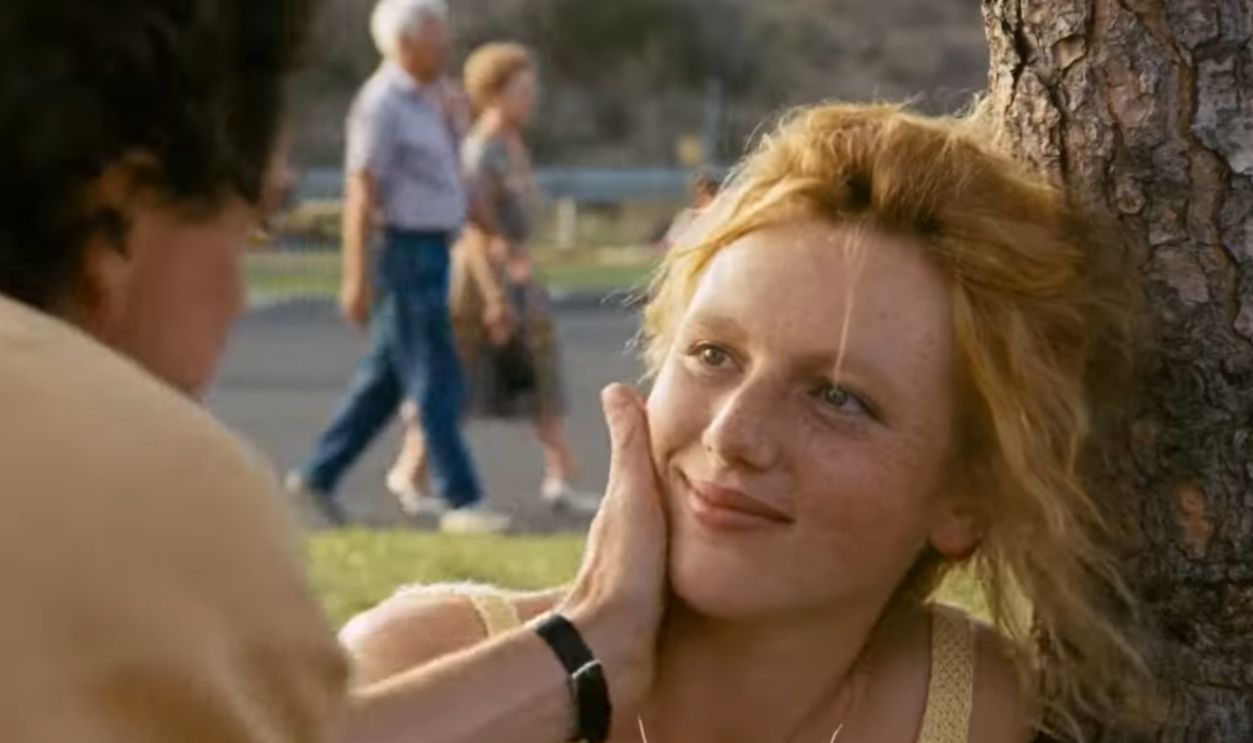 Argos Films, The Vanishing (1988)
Argos Films, The Vanishing (1988)
Funny Games (1997)
Horror movies typically promise karmic justice, but Funny Games gleefully shatters expectations at every turn. The killers, Paul and Peter, not only break the fourth wall to taunt viewers, but methodically slaughter an entire family before casually moving on to their next victims.
Arlington Road (1999)
Jeff Bridges and Tim Robbins masterfully personify the ultimate game of suburban masks in Arlington Road, where a concerned professor and his seemingly brilliant neighbor dance a bad charade. Behind their friendly waves, one man harbors justified paranoia while the other orchestrates a devastating terrorist plot.
 Screen Gems, Arlington Road (1999)
Screen Gems, Arlington Road (1999)
1984 (1984)
Big Brother's recipe for subjugation proves deliciously effective in this adaptation of Orwell's classic, where John Hurt's Winston Smith serves as Exhibit A in psychological demolition. Through exquisite torture and conditioning, the regime turns their most passionate rebel into their most devoted admirer.

